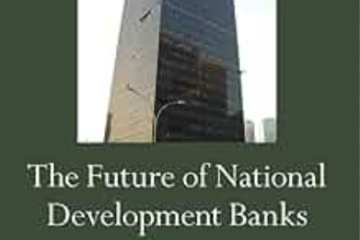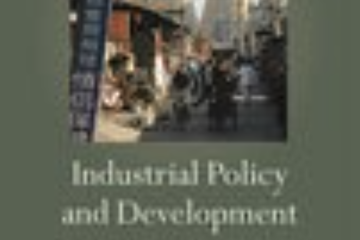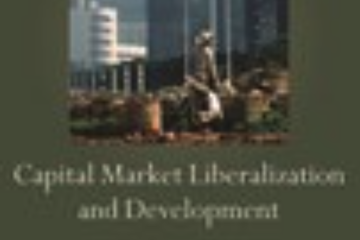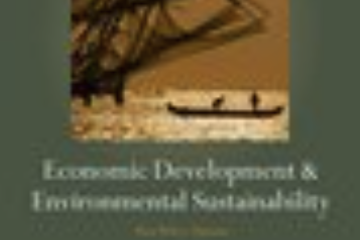Development Economics
The Future of National Development Banks
Key issues such as understanding how development banks work, what their main aims are, and what their links with the private financial and corporate sector are have come to the forefront, and there is an increased interest in what instruments, incentives, and governance work better in general and in particular contexts.



